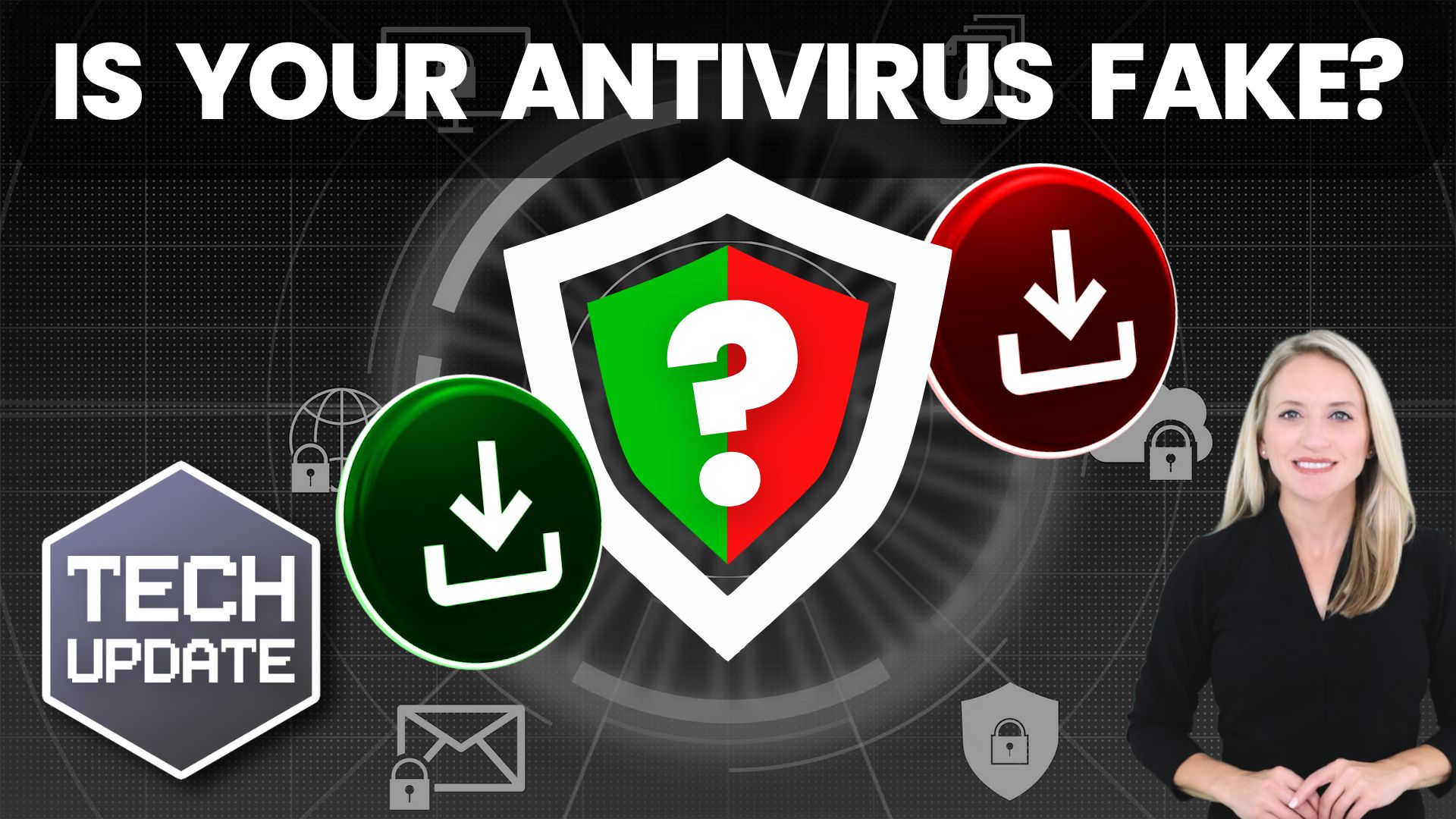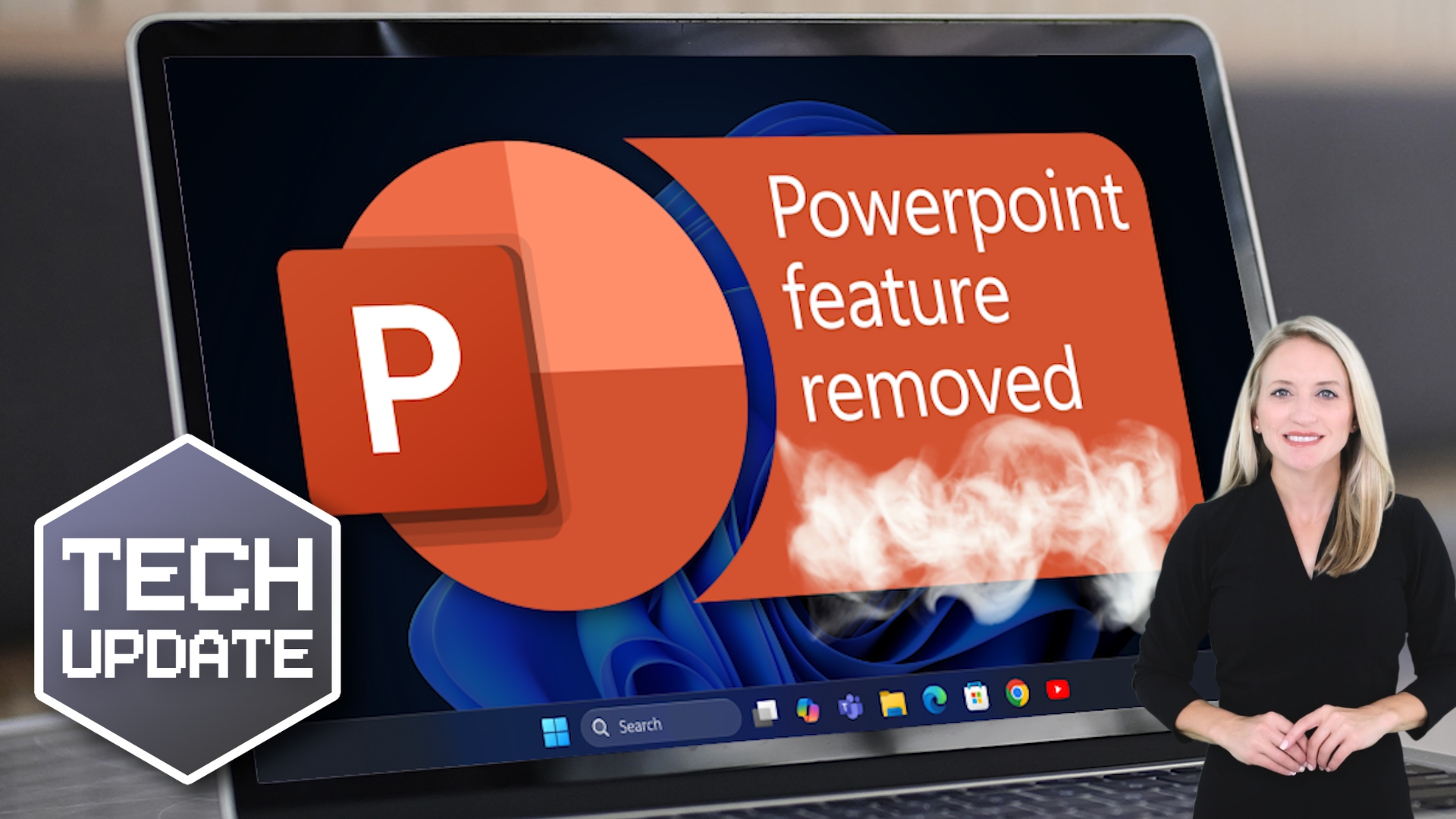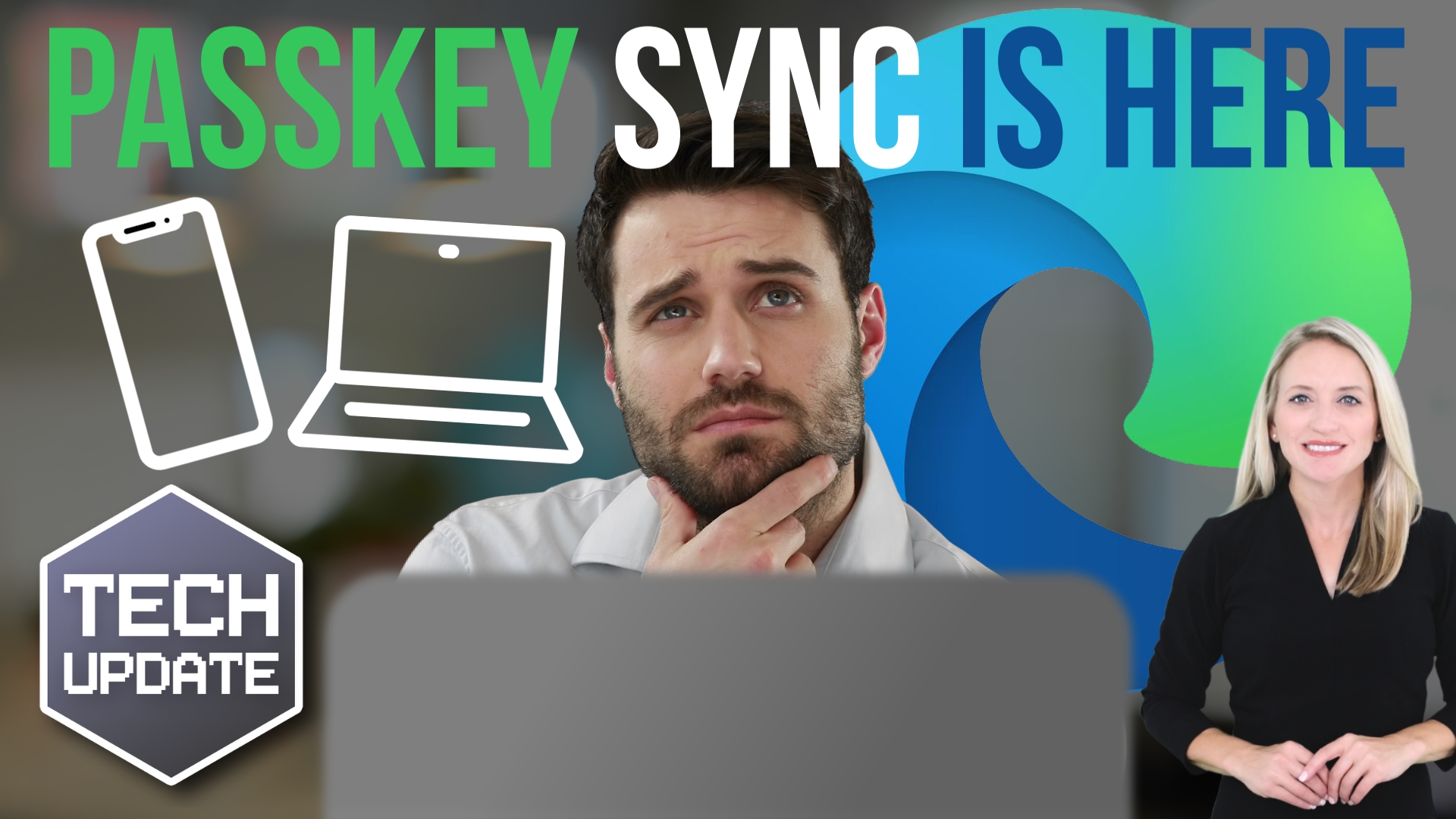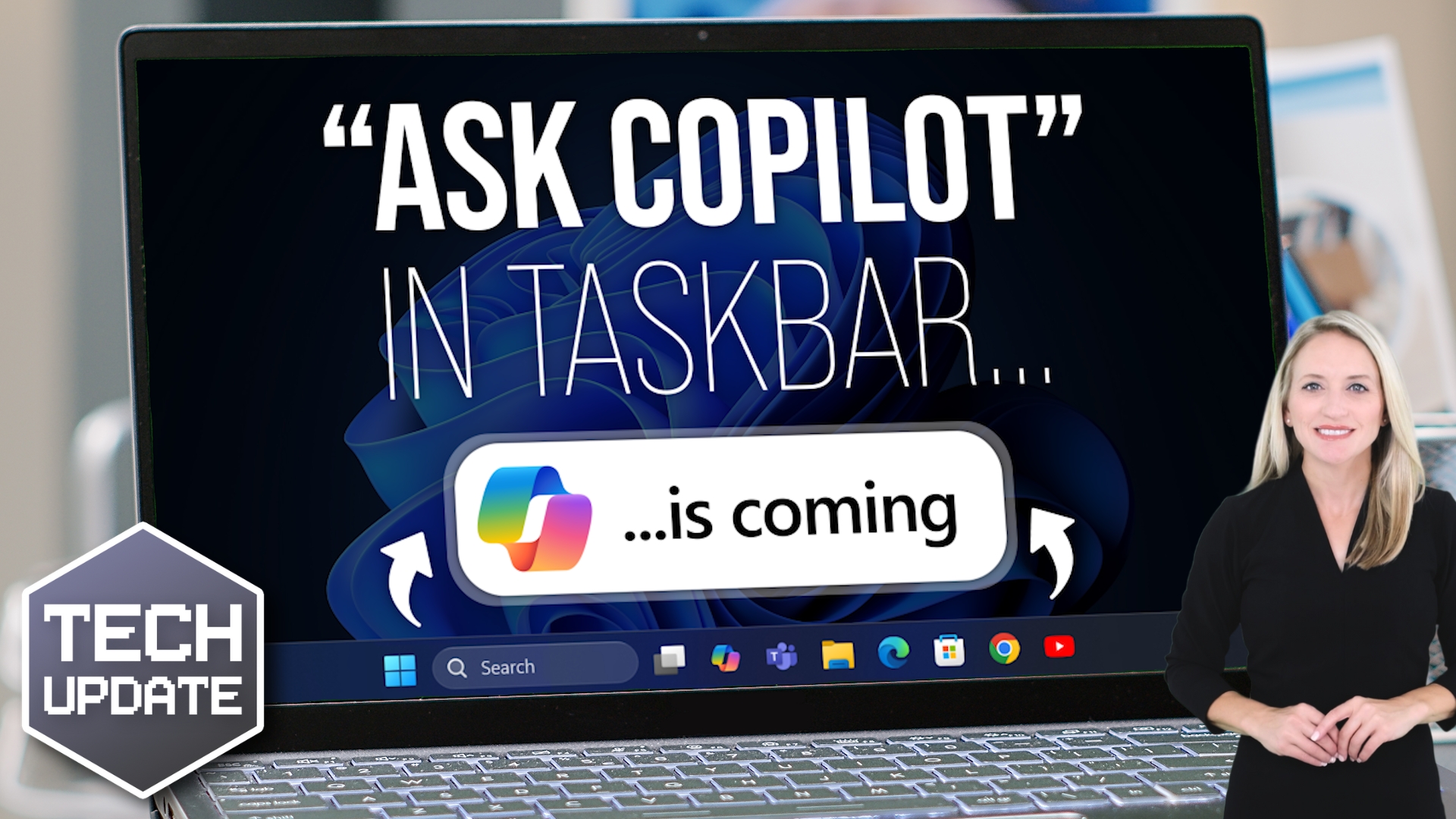Beware: Fake Antivirus Websites Could Put Your Business at Risk
Downloading antivirus software should make your business safer—but if you’re not careful, it could do the opposite.
Cybercriminals are getting more creative at setting traps online. One of their latest tricks? Building fake antivirus websites that look almost identical to the real thing.
How Fake Antivirus Sites Work
In a recent case, attackers created a clone of a well-known cybersecurity company’s website. It had the same layout, branding, and even a big, trustworthy-looking “Download” button.
But instead of downloading real protection, that button installed something far more dangerous: a piece of malware called VenomRAT (Remote Access Trojan).
Once installed, VenomRAT allows hackers to secretly control your computer. It can:
-
Steal login credentials and sensitive information
-
Record your keystrokes (including passwords)
-
Access your webcam and files
-
Install even more malicious software
For businesses, the stakes are even higher. These attacks often target banking details, cryptocurrency wallets, and corporate accounts, with the goal of stealing money or selling stolen data to others.
Why It’s Easy to Fall for the Scam
Fake websites don’t just target antivirus users. Cybercriminals also impersonate banks, IT service providers, and trusted brands to trick people into clicking.
To make things worse, some fake sites are hosted on reputable platforms like Amazon’s cloud services, which makes them appear legitimate at first glance.
When you’re busy or in a rush, spotting the difference can be difficult—and that’s exactly what hackers are counting on.
The Cost of Falling Victim
If your business downloads malware from one of these fake sites, the consequences can be severe:
-
Loss of sensitive company data
-
Exposure of customer information
-
Financial theft
-
Reputational damage and loss of trust
Cleaning up after an attack is not only stressful but also costly.
How to Protect Your Business
The best protection is vigilance. Here are a few simple steps you can take:
-
Double-check website addresses before downloading anything.
-
Avoid clicking links in emails or messages unless you’re sure they’re legitimate.
-
Only download software directly from official websites.
-
Work with a trusted IT partner who can verify suspicious links and keep your systems secure.
Stay One Step Ahead
Cybercriminals don’t just rely on advanced hacking tools—they rely on people being distracted, rushed, or simply trying to do the right thing.
A little extra caution now could save your business from a major security breach later.
If you’re ever unsure, don’t take chances. Reach out to us—we’re here to help keep your business safe.
Next Steps
Are you looking for a new IT service provider? Check out our free guide that explains how to choose your next IT service provider for some quick tips to get you started! Schedule a free 15-minute discovery call with someone from our team to see if we’re a good mutual fit!







